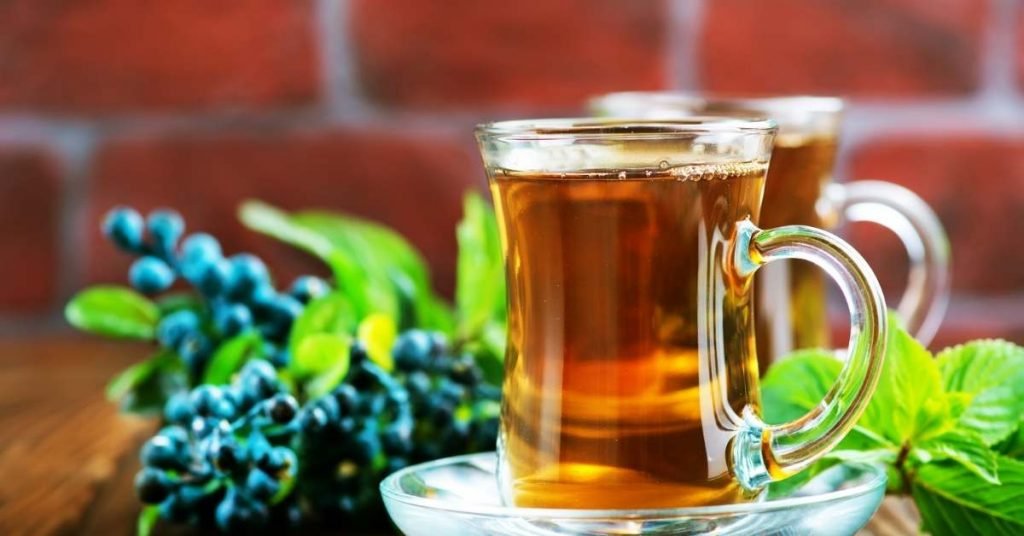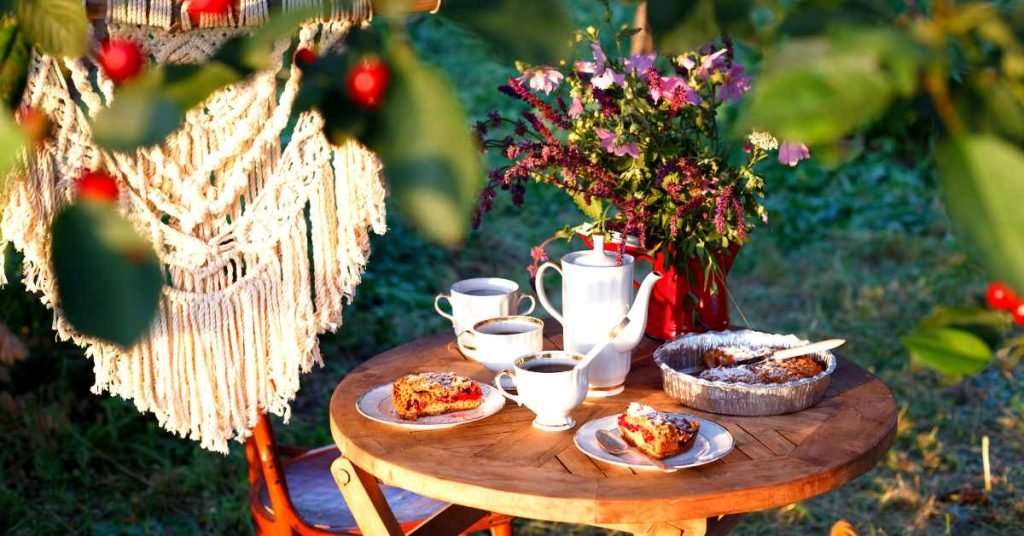Georgia consumes little less than 3 lb of tea per capita per year.
The country was once the 4th largest tea producer in the world but it all changed after the fall of the Soviet Union.
Organic wild Blackberry and Blueberry leaf teas are the most common teas in Georgia.
History of Tea in Georgia
Georgia has an impressive tea history dating back centuries ago.
Even before the Silk Road trading brought Camellia Sinensis plants to the area, the Caucasus region of Georgia was abundant in local shrubs that people harvested, rolled, and dried for tea purposes.
The most common tradition back then was to drink blueberry and blackberry leaf teas.
Tea production was thriving throughout the 19th century, but the industry collapsed together with the Soviet Union.
Nowadays, local tea enthusiasts are trying to revive the tea industry, focusing on quality rather than quantity.
Tea Culture in Georgia
Rolling Blueberry and Blackberry leaves for tea from May to September is still a thing for countryside Georgian people.
However, the cities are bursting with tea houses where visitors can find a wide range of Green, Black, and Oolong teas.
Georgia has freezing temperatures during winter time which exterminate pests in a natural way, so the teas they produce are fully organic.
The country’s uprising tea culture is bringing tourists to visit the Tea Route, increasing the popularity of tea to the levels of the past.
Numerous small tea farms in the Western part of Georgia are now boasting organic production of Green and Black tea variants that end up in the local tea shops and tea houses.
Tea is served in ceramic cups and it’s most common to be offered a cup of tea during the cold months.
Cafes and restaurants also include tea on their menus, however, it’s always better to try a proper wild blackberry leaf tea at someone’s home.
MEDICAL DISCLAIMER
Itsnevernotteatime.com cannot and does not contain medical/health advice. The medical/health information is provided for general and educational purposes only and is not a substitute for professional advice.




